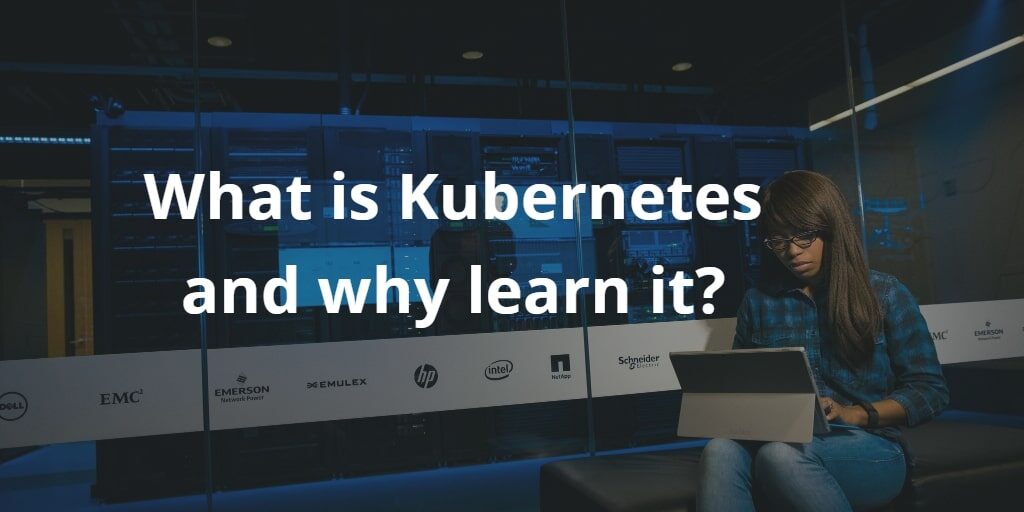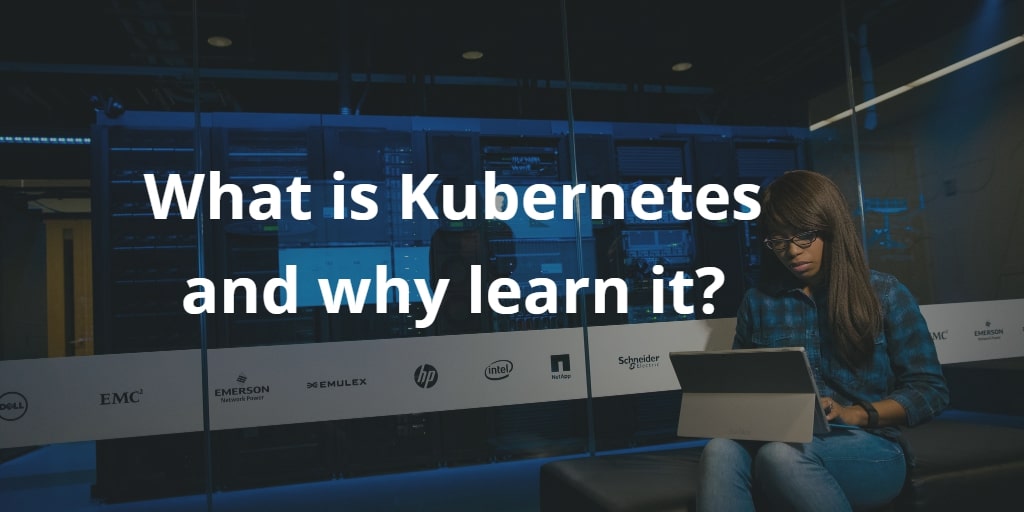
The ubiquitous use and popularity of the Kubernetes technology have nudged the Linux Foundation and the Cloud Native Computing Foundation to create two of the most sought-after Kubernetes certifications. Known as the Certified Kubernetes Administrator (CKA certification) and the Certified Kubernetes Application Developer (CKAD certification), the testimonials affirm the candidate’s ability to use Kubernetes and its associated features in the deployment and management of various cloud-native applications, anywhere and everywhere.
But, what is Kubernetes? And, what has led to its evolution as the tool of choice for running distributed infrastructures in the cloud? Let’s look at the top features of Kubernetes and the significance of learning the same through a CKAD or CKA certification.
What is Kubernetes?
Engineers at Google developed Kubernetes over 15 years ago as a solution for internal container orchestration. The project was open-sourced in 2014, and since then, there has been no looking back. With the best of practices, ideas, and experiences, Kubernetes has grown extensively.
Earlier, organizations had no option but to run applications on physical servers. However, the traditional deployment system had a significant limitation. Resource allocation was an issue as there was no way to demarcate the applications’ resource boundaries.
As a result, applications would underperform, and resources were not adequately utilized. Addressing this shortcoming ushered in the concept of virtualization that facilitated running multiple VMs (virtual machines) on the CPU of a single physical server.
Such virtualized deployment allowed applications to be secluded between VMs with the result that resources were utilized efficiently, and significant scalability was achieved in addition to reduced hardware costs.
Soon came the era of container deployment that proved to be the ultimate game-changer. Containers are lightweight, and like VMs, they have their memory, CPU, process space, and filesystem, and can share the operating system among the applications.
Besides, containers are portable across operating system distributions and clouds. As a platform for container orchestration, Kubernetes provides a framework for running distributed systems, taking care of application scaling, failover, deployment patterns, and more.
What are the top features offered by Kubernetes?
One of the primary reasons why a CKAD or CKA certification is so in demand among professionals is the uniqueness of Kubernetes and its top features that make it unparalleled as a container orchestration tool.
In a nutshell, the primary objective of Kubernetes is to replace tedious and manual processes of application and service deployment with automation. But, a more detailed look, and you’ll know why Kubernetes has significantly improved and eased the work of technical teams in the IT field.
So, here is a list of the top features offered by Kubernetes that testify to its benefits:
1. Can be run everywhere: Being an open-source tool, Kubernetes lets you use public, hybrid, or on-premises cloud infrastructure with the flexibility to move workloads to any location you want.
2. Rollouts and rollbacks are automated: Kubernetes can change the deployed containers’ actual state to the desired state in a controlled manner. For instance, Kubernetes can be automated to create new containers, remove existing ones, and adopt all the resources to a new one.
3. Load balancing and service discovery: Kubernetes ensures stable deployment by load balancing and distributing network traffic if the traffic to a container is too high. Additionally, Kubernetes can display containers using their IP address or DNS name.
4. Orchestration of storage: With Kubernetes, you can run apps using your preferred storage system. Whether it is a public cloud provider, local storage, or anything else, Kubernetes facilitates the storage system’s automatic mounting.
5. Balancing containers: Kubernetes calculates the “best location” for containers and places them accordingly.
6. Automatic bin packing: Kubernetes make the best use of resources by fitting containers into nodes. All you need to do is tell Kubernetes how much RAM and CPU each container needs and provide a cluster of nodes that it can use to run the containerized tasks.
7. Configuration and secret management: Using Kubernetes, application configuration, and secrets can be deployed and updated without rebuilding the container images or revealing stack configuration secrets. Also, Kubernetes allows the storage and management of sensitive information, such as SSH keys, passwords, and OAuth tokens.
8. Self-monitoring and healing: Kubernetes monitors containers and nodes’ health judiciously and works on containers that fail or do not respond to health checks.
Why learn Kubernetes?
The utility of learning Kubernetes stems from the very benefits that containers have to offer. So, if you’re still wondering if the CKA certification is worth it, here are a bunch of reasons why Kubernetes, and specifically, containers, are the way to go.
- The quality of resource isolation ensures the predictable performance of applications.
- Resource utilization is done with high density and efficiency.
- The management becomes application-centric. As a result, the abstraction level is elevated from running the operating system on virtual hardware to running applications on an operating system using logical resources.
- Consistency is maintained across development, testing, and production environments.
- Due to the distributed, liberated, and loosely linked micro-services, the applications can be fragmented into independent, smaller parts, allowing robust and dynamic management.
- Container image creation is easier and more efficient as compared to the use of VM images.
- Portability across cloud and operating system distributions allow containers to run on RHEL, CoreOS, Ubuntu, major public clouds, on-premises, or anywhere else.
When it comes to rapid scaling of cloud-native applications, container orchestration and management is paramount. With the ability to span hosts across private, public, on-premise, and hybrid clouds, the Kubernetes platform is the ideal choice for deployment, management, and scaling of containerized applications.
It is an open-source, extensible, and portable platform for managing containerized services and workloads, and allowing declarative automation and configuration. With an extensive and quickly growing ecosystem, Kubernetes tools and services are universally available.
A CKA certification is not just a mere testimonial, they test your ability to configure and deploy apps running on the Kubernetes cluster and the soundness of your core concepts regarding the subject. A Kubernetes certification is a professional asset that will significantly enhance your credibility in the competitive arena.
Also Read- ds.winappstudio.com- What is Windowsappstudioapp?











